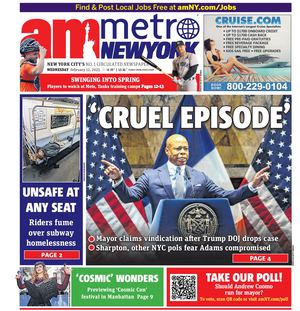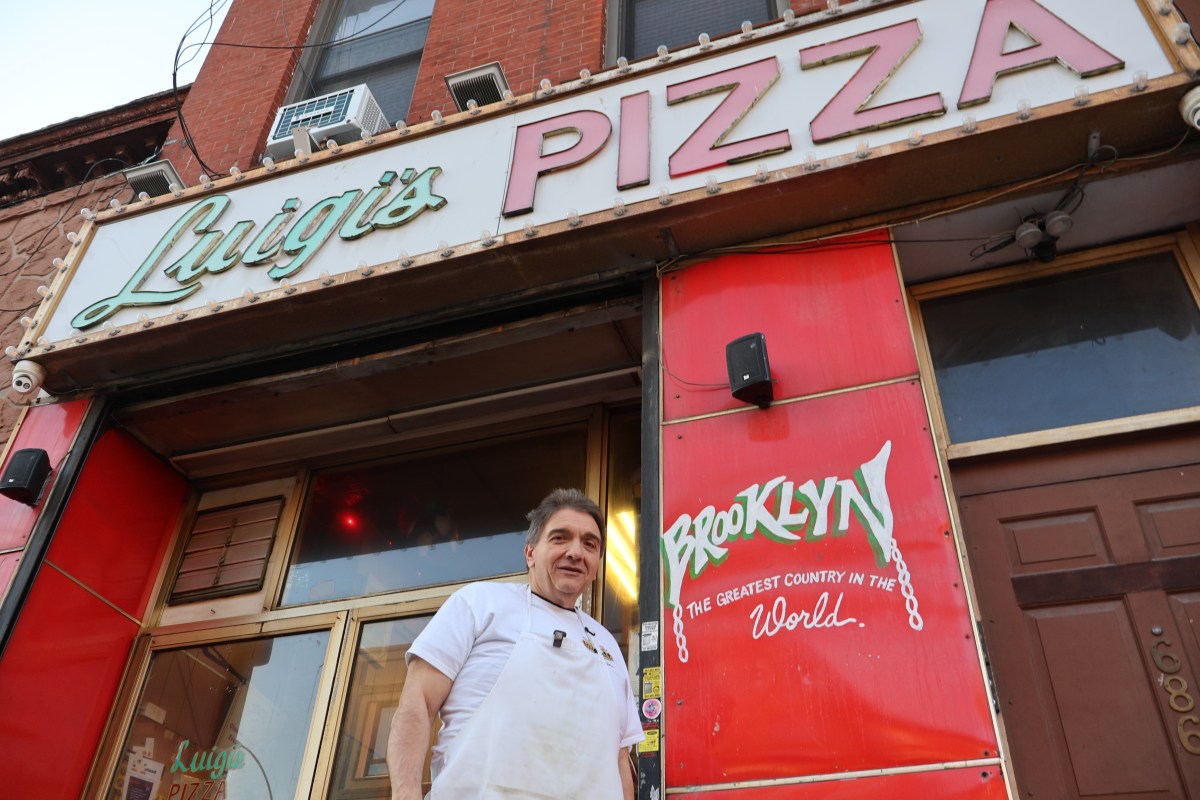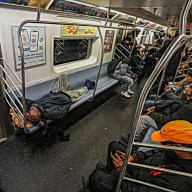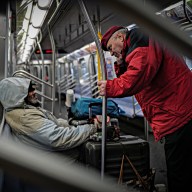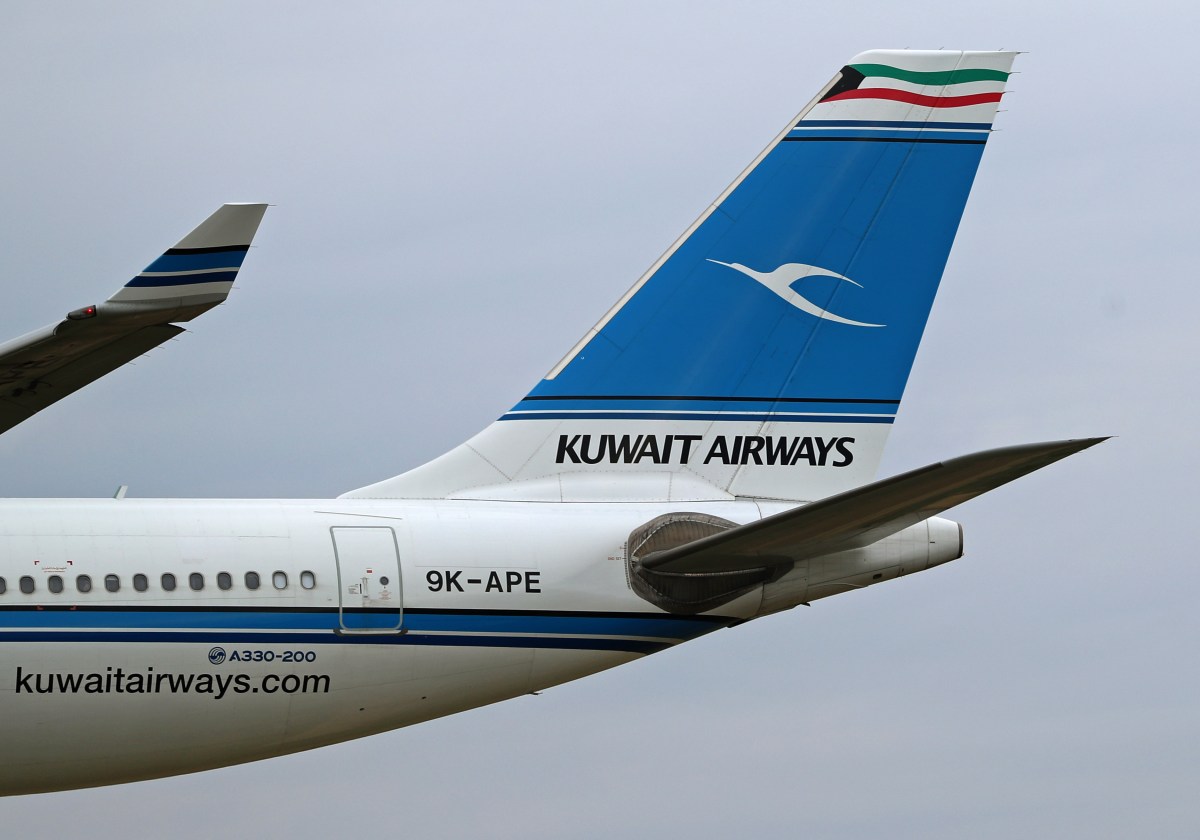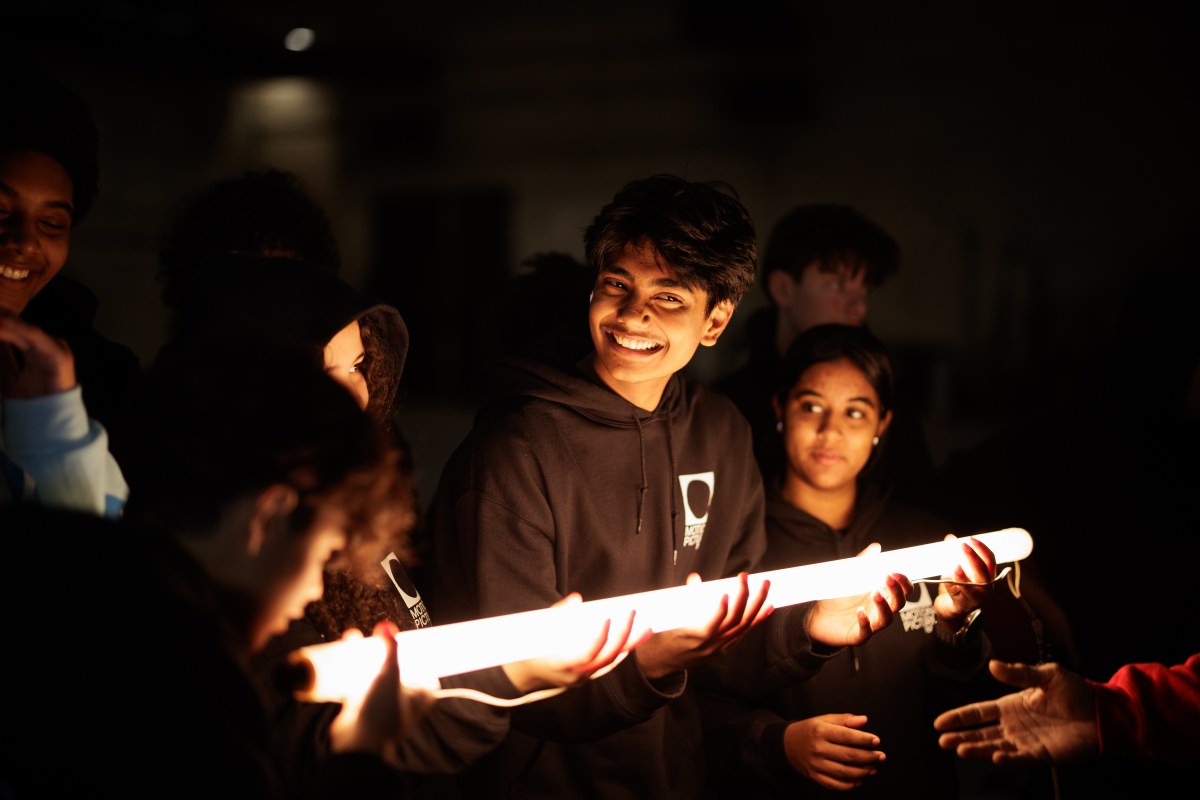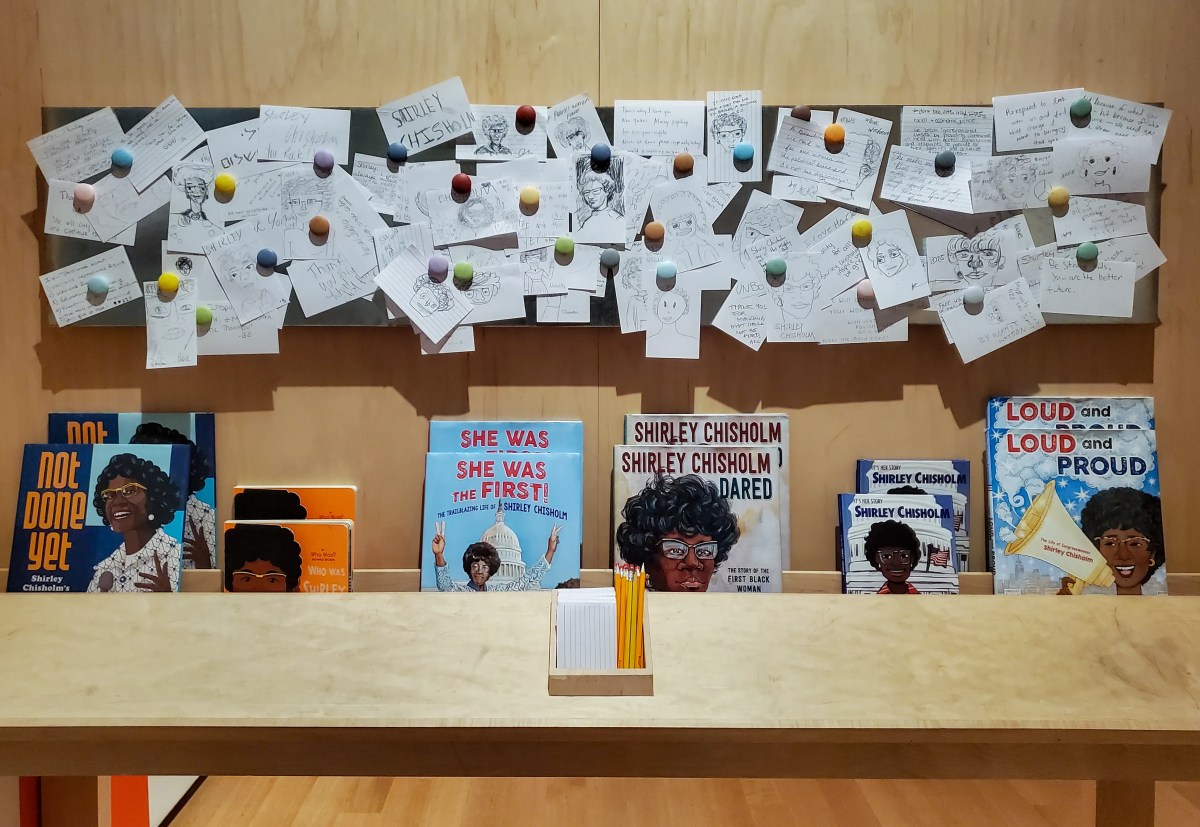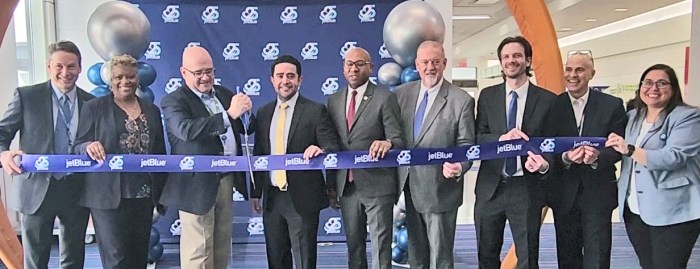The consumer experience has shifted increasingly to mobile in the last decade and spirits entrepreneur Devaraj Southworth is riding the wave.
Southworth founded Thirstie, an on-demand wine, beer and spirits delivery service, in April 2014 in New York and has since expanded to several other cities around the country.
The website and app-based company partners with local liquor stores to deliver orders to customers. Orders are typically delivered in less than an hour. In addition to categories of alcohol to choose from, users can find suggestions for everything from a favored name brand to a local distillery they may not have heard of before.
The company also recently launched The Craft, a feature in the website that indulges in the culture around drinking, with recipes, videos, infographics and editorial commentary.
Southworth, a serial tech entrepreneur and former consultant at Deloitte — one of the world’s largest professional services firms — has watched everything from shopping for clothes to ordering a taxi shift to mobile apps. But the Upper West Side resident saw a market that wasn’t being served.
“The upward momentum is already happening,” he said of app-based retail.
The potential of an alcohol delivery service was in the numbers: In 2011, alcoholic beverages accounted for $189 billion in sales in the United States, according to the industry consulting firm Park Street.
Half of that is generated through retail and at-home consumption, according to Southworth.
Since launching, Thirstie’s usage has grown at about 35% per month.
“It’s exploding,” Southworth said of the app.
It’s convenient for customers who, for example, might be planning a last-minute party and don’t have time to run to the liquor store after work, or need to restock mid-party from a five-floor walk up while it’s raining out.
“People want it to be very convenient, they want it to be there in a short amount of time,” Southworth said.
The retailers benefit too, he added, with some increasing their monthly revenue by $5,000 after partnering with the app.
Southworth intends to make a profit by charging retailers a marketing fee, but he hadn’t implemented that as of press time.
It’s not all smooth sailing. Like any startup, Southworth and his team have to solve unexpected problems and are constantly working to improve the app’s functionality.
But when asked about the pressure he faces running a delivery service that’s based in arguably the most demanding city in the world, he welcomed the challenge.
“This is the capital of the world and with that comes greater-than-expected expectations, but we have to rise to that challenge,” Southworth said. “New York is phenomenal. I’m never moving.”
